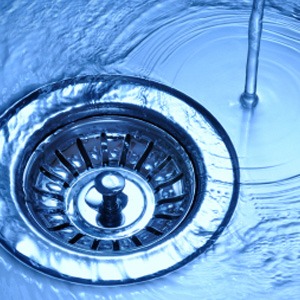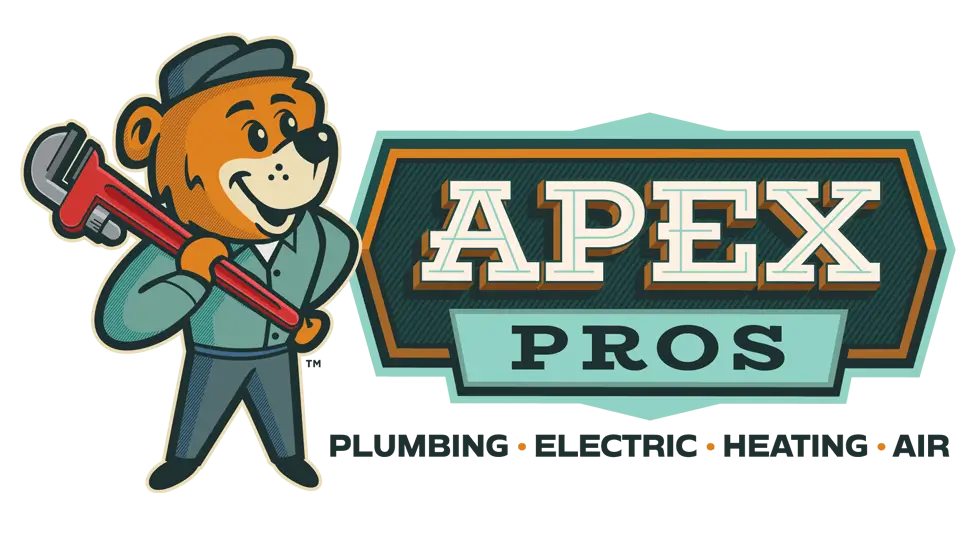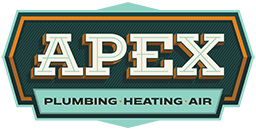
Taking good care of the drains in your Columbus, Ohio, home is a key part of your ongoing property maintenance. Unfortunately, most homeowners don’t pay much attention to their plumbing systems until things start backing up, emitting foul smells, or failing to do their jobs. The good news is that you can avoid costly repairs by simply remaining on the lookout for developing issues. Following are six signs of clogged drains that should always incite immediate action.
1. You’re Ankle-deep in Gray Water While Showering
Plenty of hot water and adequate water pressure are two essentials for a truly relaxing, refreshing shower experience. However, if water isn’t leaving your bathtub or shower enclosure at an acceptable rate, you’ll quickly realize that good drain functionality is an essential element too.
No one wants to clean themselves while standing ankle-deep in gray water. If water is building up in the shower pan faster than it can exit the drain, you’ve got a slow-moving drain and a fast-developing clog on your hands. More often than not, this is the result of blockages caused by accumulated hair or soap scum, a trapped, small-sized item inhibiting drain flow, or major blockages further along in the system.
If you don’t have an adequate drain cover installed, this is a problem that will regularly recur over time as more people shed hair, use bars of soap, and let other elements or items get sucked down the shower drain. In addition to installing a drain cover, you should:
- Remove small accessories such as hair ties or small toys from the area
- Keep small-sized caps tightly secured on all shampoo and conditioner bottles
- Complete major hair removal projects elsewhere
- Toss out safety caps on disposable razors as soon as they’re removed
If the clog is a visible one, such as a large, matted knot of stray hairs, you may be able to pull it out on your own using a pair of tweezers or other tool. Just make sure that you don’t actually drop your retrieval tool down into the drain while working to get the blockage loose.
However, attempting to force any clog further down into the system by plunging the drain, pushing the blockage, or using store-bought or self-made drain cleaners will only make it worse. If the blockage isn’t accessible and easy-to-remove, it’s always best to call a plumber in. Keep in mind that slow drains can occur anywhere in the home, including in bathtubs, sinks, toilets, and air conditioner condensate lines.
2. Your Drains Emit an Unpleasant Odor
There’s no gentle way to put it. Blocked and slow-moving drains stink. In fact, not only are blocked plumbing systems often responsible for foul odors, but these odors tend be incredibly pervasive. You know you’ve got a blocked drain if you’ve thoroughly cleaned your kitchen and it’s rife with a pungent smell that’s coming from the dishwasher or sink. These odors can also develop near bathroom drains and in laundry basins.
Stagnant water can become cloudy with odor- and disease-causing bacteria within just a matter of hours. You can try freshening your drains up with an equal mixture of white vinegar and baking soda by first pouring the baking soda into the drain, and then chasing it with an equal or comparable amount of vinegar. However, if slow-moving drains don’t quickly speed up and if foul odors don’t abate, you need professional plumbing service.
3. Your Toilet Is Leaking Water at Its Base
A toilet with a persistent puddle of water at its base may be a sign of a faulty or poorly installed seal. However, it can also be an indication of a clog. Flushing and flushing a toilet that’s clogged doesn’t always cause the commode to overflow. Instead, it can place a tremendous amount of pressure on the toilet’s wax ring until the ring fails. Once it does, you’ll both see and smell toilet water on the bathroom floor all of the time. Moreover, there’s no easy, quick fix for this one that homeowners can handle on their own.
4. Beware the Toilet That Bubbles
Your toilet shouldn’t be emitting any sounds when it isn’t actively in use and hasn’t been recently flushed. If you hear or see your toilet bubbling, this activity is far from harmless. It is a strong sign that you’ve got a major blockage further along in your pipes. More importantly, if you don’t deal with it soon, you could have a whole-house backup on your hands.
This is a common issue in older, historic homes that have clay pipes at their exterior. If you have yet to have clay pipes replaced with more modern and durable versions, they may have been encroached by invasive tree roots or weeds. These nutrient-seeking growths enter clay pipes and create partial blockages that allow only small amounts of water through. Things like solid waste and durable paper products can get snagged on them.
As water moves past, air bubbles travel back up the system and cause drains to gurgle and toilets to bubble noisily. Even if you don’t have clay pipes that have already been encroached, you may have a similar problem if anyone in your family has been using “flushable” wipes for personal care. Despite being marketed as “flushable”, these products don’t degrade and can cause major blockages that eventually cause water to back up into your home.
5. Backups in the Toilets, Sinks, or Showers
Among the more obvious signs of a blockage is a backup. This is when more water than has recently gone down a drain suddenly floods the area. Not only are backups an indication of drain problems, but they’re also a sign that you need immediate help. Backups frequently include a sludgy and odorous combination of gray water and black water. Gray water contains a variety of bacterial and biological contaminants that really shouldn’t be allowed to touch your skin. Blackwater contains all of these things and more. It is often rife with human waste, chemical contaminants, and other elements that can cause serious illness with even minor exposure.
6. You’ve Got a Pest Problem That Just Won’t Go Away
If you’ve got a persistent problem with ants, mosquitoes, mice, or rats, start looking to your plumbing system as a possible cause. This is especially true for rodent issues that are unresponsive to all of your most diligent preventative measures and treatment efforts.
Most pests enter homes in search of warmth and food. However, the one thing that nearly all species need is reliable access to water. With blocked drains, rodents have ample access to this essential resource, and they do not care how dirty, cloudy, or obnoxious smelling it is. If you’ve got a rodent problem or any other pest problem that you’re struggling to control, scheduling a whole-house plumbing inspection may be the only way to rule out water access with plumbing issues as a possible cause.
At Apex Plumbing, we take care of the tough stuff so that homeowners in the greater Columbus area don’t have to. We offer hydro-jetting, drain cleaning, and burst pipe repair services. We also provide reliable slab leak and sewer repair services. If you’ve got one or more blocked drains in your home, we can help. Call us today to schedule an appointment.





